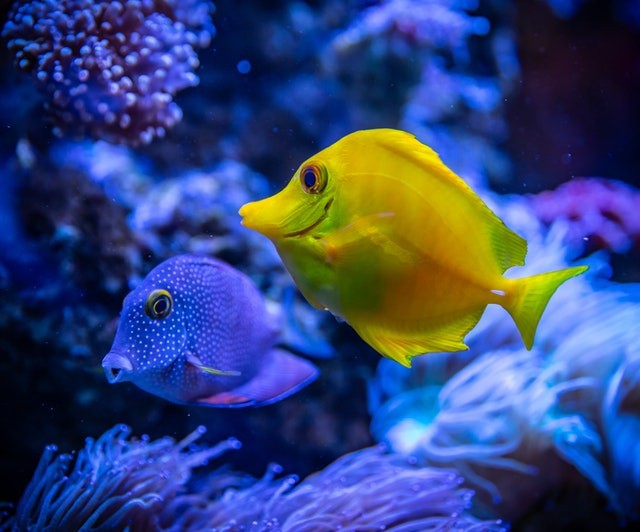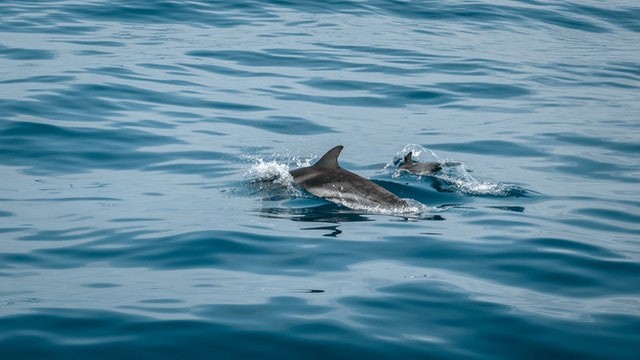Researchers from the University of Adelaide have made a shocking discovery. They discovered that acidic oceans of the future could result in some fish species having larger sex organs.
This means that these species of fish will have a much higher reproductive capacity than other fish species. The researchers published their findings in PLOS Biology.

Fish Capitalize on Increased Levels of Carbondioxide
According to the researchers, fish will capitalize on numerous changes to the underwater ecosystems caused by elevated CO2 levels to produce even more eggs and sperm.
This is contrary to the expected adverse effects of increased levels of CO2 in the oceans, which was predicted for the end of the century.
According to the lead author, Professor Ivan Nagelkerken from the Environment Institute and Southern Seas Ecology Laboratories, University of Adelaide, the warming oceans readily absorb up to 1/3 of the additional carbon dioxide released into the atmosphere via carbon emissions.
This causes the oceans to acidify readily. Moreover, it is well known that several species are negatively affected by their physiology and behavior due to ocean acidification.
However, the researchers discovered that a particular species of temperate fish i.e. the males and females of the common triplefin had much larger sex glands under these conditions of ocean acidification.
This means increased sperm and egg production, and ultimately much more offspring.
The research team made use of natural volcanic CO2 underwater seeps in order to compare ecosystems with the increased levels of CO2 predicted for the end of this century with fish communities that live under the modern-day regular or average levels of CO2.
The team discovered that the adverse effects of ocean acidification did not impact the triplefins. The more enormous gonads of this fish had zero physiological cost.

Not All Fish React Favorably to Increased Levels of CO2
However, what the researchers observed was that the males of the triplefins ate more food than usual. They also showed heightened foraging on a lot more prey than was the norm.
The prey was pretty abundant due to the significantly increased biomass of algae that grows luxuriantly under the intensified CO2.
Professor Nagelkerken added that the female triplefins did not behave like their male counterparts.
They did not eat more and even considerably minimized their activity levels in order to preserve energy. The latter was invested in larger ovaries.
The researchers also discovered that there were much more mature males, even under the increased levels of CO2. Male triplefins are primarily responsible for taking care of the eggs.
The high numbers of this species imply that there will be much more parents that will nurture the egg nests. This could significantly increase offspring.
The research team found that lots of other less dominant fish species didn't exhibit the triplefins' characteristics. The team attributed this to the less competitive nature of the fish.
According to Professor Sean Connell, co-author of the study, the researchers believe that it is highly likely that triplefins, as well as other species similar to them, will do exceptionally well under the increased levels of ocean acidification.
The study indicated that some more highly dominant fish species would capitalize on the ecosystems' changes right under ocean acidification, thereby boosting their overall population.
For more news, updates about fishes and related stories, don't forget to follow Nature World News!
© 2025 NatureWorldNews.com All rights reserved. Do not reproduce without permission.





